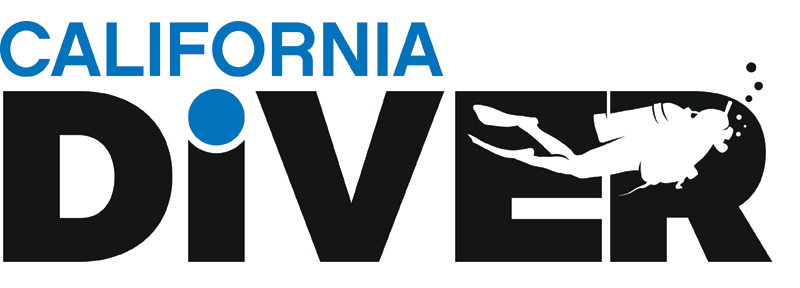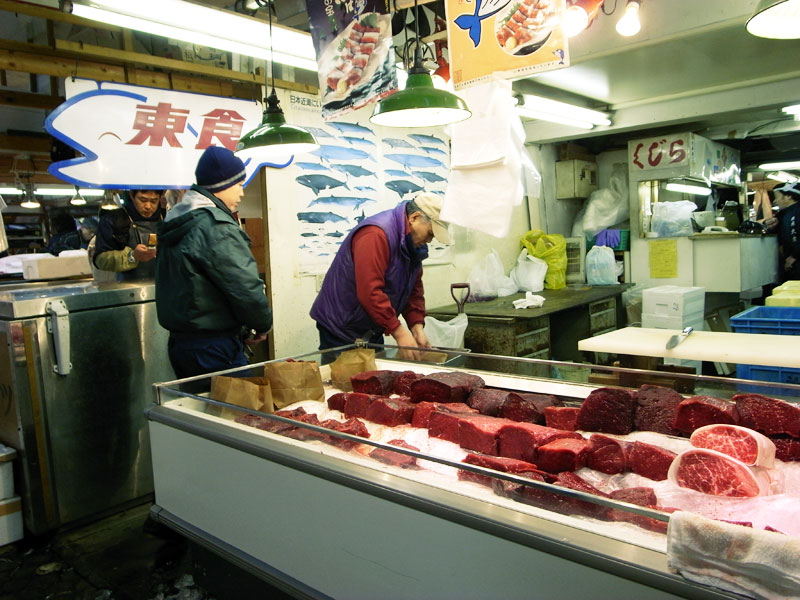Although the International Court of Justice has ruled against them, whalers in Japan are continuing in their pursuit of whales as a part of a “research campaign”. Their recent trip is the first since an international court banned such activities earlier this year.
Japan has captured and killed 30 minke whales in the name of science. The Japanese say they need to obtain research related facts such as gender, age, and population. They also claim it is important to use lethal and non-lethal means of action in order to conduct this research.
The minke whales were caught off of Ishinomaki, Miyagi from the months of April to June, and there is still a second group of whalers at large in the ocean.
The International Court of Justice (ICJ) ruled in March that whale hunting for “scientific research” was illegal under international law. The ICJ forbade these hunts and Japan agreed to discontinue their whale hunting activity. No additional permits would be given for Japan’s scientific whaling program, saying that the “research” created a very small amount of actual research.
Australia and New Zealand’s government brought the whale hunting to the ICJ’s attention on the premise that there was more commercial whaling going on and than the intended scientific research. The two governments believe this because a large amount of whale meat ends up on the market, and there is also little research that is actually given.
Tokyo intends to prove that there is a large enough whale population in order to keep commercial whaling a tradition. Japan’s Prime Minister Shinzo Abe reiterated that Japan is aiming to resume commercial whaling.

